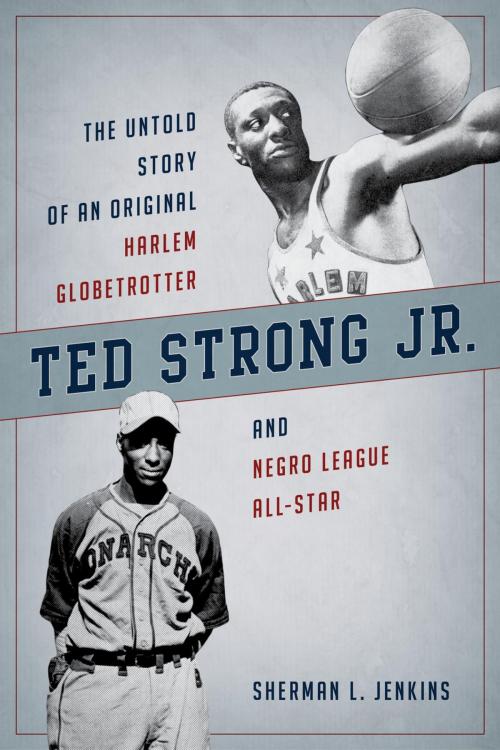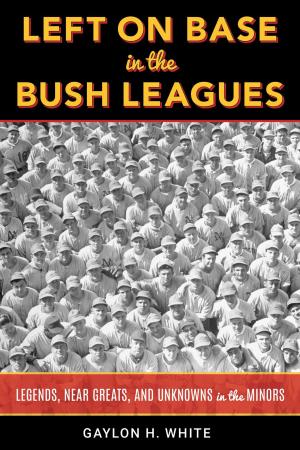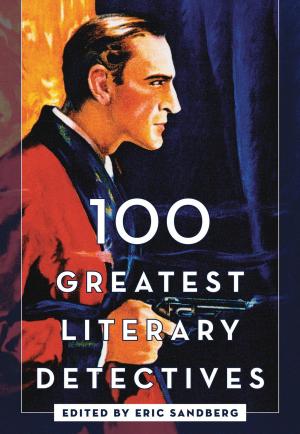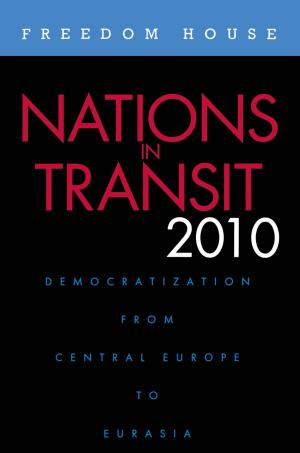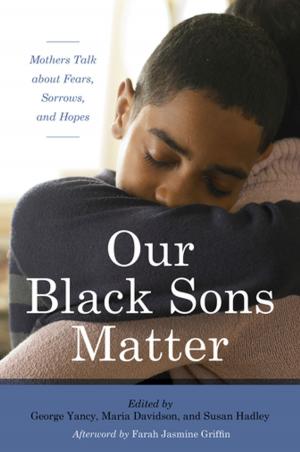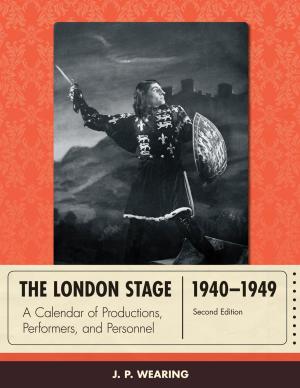Ted Strong Jr.
The Untold Story of an Original Harlem Globetrotter and Negro Leagues All-Star
Nonfiction, Sports, Basketball, Baseball, History, Biography & Memoir| Author: | Sherman L. Jenkins | ISBN: | 9781442267282 |
| Publisher: | Rowman & Littlefield Publishers | Publication: | September 29, 2016 |
| Imprint: | Rowman & Littlefield Publishers | Language: | English |
| Author: | Sherman L. Jenkins |
| ISBN: | 9781442267282 |
| Publisher: | Rowman & Littlefield Publishers |
| Publication: | September 29, 2016 |
| Imprint: | Rowman & Littlefield Publishers |
| Language: | English |
Ted Strong Jr. (1917-1978) was a two-sport athlete, a major star of the Negro Leagues and one of the original Harlem Globetrotters. His prominence in the Negro Leagues led Branch Rickey and other white baseball league owners to consider Strong as one of several possible players to integrate major league baseball, and he was a key force on the basketball court when the Globetrotters defeated the then-invincible Minneapolis Lakers in 1948. Despite his athletic dominance in the 1930s and 40s, Strong Jr. has largely been forgotten in American sports history.
In Ted Strong Jr.: The Untold Story of an Original Harlem Globetrotter and Negro Leagues All-Star, Sherman L. Jenkins finally shares the fascinating story of this star athlete. Born Theodore Relighn Strong Jr. in South Bend, Indiana, Strong Jr., the eldest of fourteen children, was fortunate to have a positive influence in his father—a baseball player himself. Strong Jr. went on to play in seven Negro League Baseball East-West All-Star games, receiving the most votes in all of Black baseball history in 1939, and was a key member of the 1940 Harlem Globetrotter basketball team that won the World Professional Basketball Championship. Jenkins details all of this and more, including Strong Jr.’s frustrations with integration efforts promised by white baseball team owners and the eventual decline of the Negro Leagues after the entrance of Jackie Robinson into Major League Baseball.
Through hours of interviews with Strong Jr.’s father and with friends and teammates of his brother Othello, along with extensive research of newspaper archives, this book provides rich insights into an unsung hero in the American sports landscape. For baseball and basketball fans of all ages, Ted Strong Jr.’s biography displays for the first time the determination and guts of a man who was idealized by many African Americans in the early twentieth century.
Ted Strong Jr. (1917-1978) was a two-sport athlete, a major star of the Negro Leagues and one of the original Harlem Globetrotters. His prominence in the Negro Leagues led Branch Rickey and other white baseball league owners to consider Strong as one of several possible players to integrate major league baseball, and he was a key force on the basketball court when the Globetrotters defeated the then-invincible Minneapolis Lakers in 1948. Despite his athletic dominance in the 1930s and 40s, Strong Jr. has largely been forgotten in American sports history.
In Ted Strong Jr.: The Untold Story of an Original Harlem Globetrotter and Negro Leagues All-Star, Sherman L. Jenkins finally shares the fascinating story of this star athlete. Born Theodore Relighn Strong Jr. in South Bend, Indiana, Strong Jr., the eldest of fourteen children, was fortunate to have a positive influence in his father—a baseball player himself. Strong Jr. went on to play in seven Negro League Baseball East-West All-Star games, receiving the most votes in all of Black baseball history in 1939, and was a key member of the 1940 Harlem Globetrotter basketball team that won the World Professional Basketball Championship. Jenkins details all of this and more, including Strong Jr.’s frustrations with integration efforts promised by white baseball team owners and the eventual decline of the Negro Leagues after the entrance of Jackie Robinson into Major League Baseball.
Through hours of interviews with Strong Jr.’s father and with friends and teammates of his brother Othello, along with extensive research of newspaper archives, this book provides rich insights into an unsung hero in the American sports landscape. For baseball and basketball fans of all ages, Ted Strong Jr.’s biography displays for the first time the determination and guts of a man who was idealized by many African Americans in the early twentieth century.
